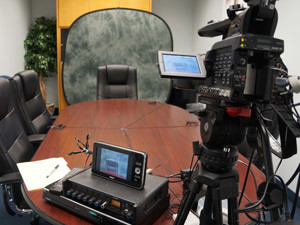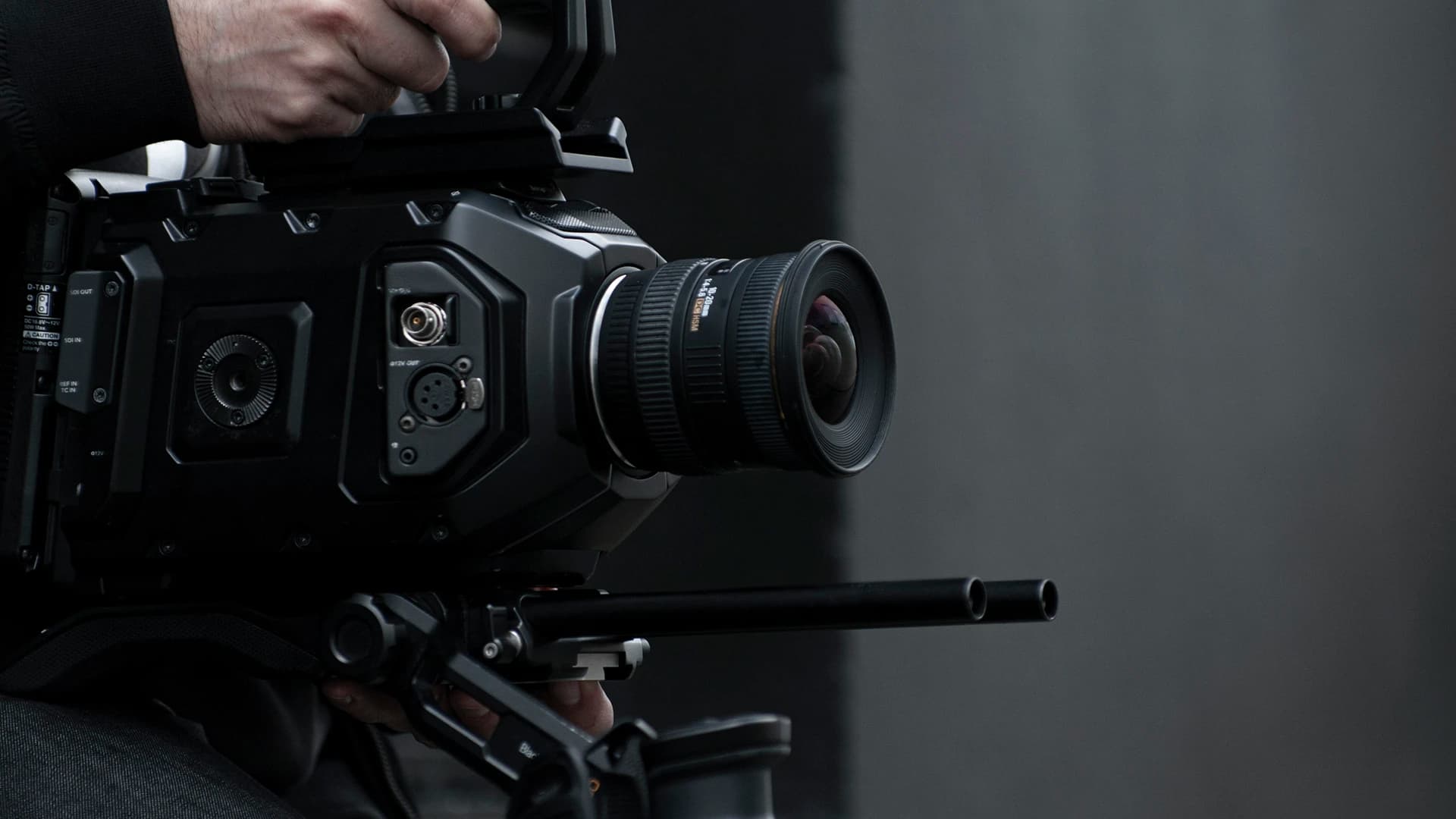The Function of Lawful Videography in Depositions and Trials
Lawful videography has actually arised as an important tool in both depositions and tests, providing a diverse method to documenting witness statements. As lawful specialists increasingly acknowledge its value, it triggers a much deeper exam of how these visual documents can influence juror assumptions and test results.
Value of Lawful Videography
Lawful videography plays an essential function in the documents and presentation of depositions and tests. This customized field integrates technical abilities with lawful understanding to produce a trustworthy record of procedures that can considerably affect instance end results. The appearance of lawful videography enhances the understanding of witness testimony, permitting jurors and courts to observe not just the talked words yet additionally the behavior, feelings, and body movement of the witnesses.

The value of lawful videography expands past the court room; it additionally plays a vital function in preserving proof for future referral, whether for allures or more lawsuit. Its combination into the legal procedure is important for ensuring a reasonable and accurate representation of the truths, eventually adding to the quest of justice.

Process of Legal Videography
While capturing the subtleties of depositions and tests, the procedure of legal videography involves numerous important actions that guarantee high-grade, precise recordings. An expert legal videographer prepares by assessing the case products and understanding the certain needs of the deposition or trial. This prep work includes familiarizing themselves with the individuals and the context, which aids in catching pertinent information.
On the day of the recording, the videographer establishes the needed tools, which usually includes high-definition cameras, microphones, and proper lights. Making sure optimum angles and audio top quality is crucial, as it straight impacts the performance of the recording. The videographer communicates with lawyers and participants to develop procedures, making certain that everyone recognizes the recording procedure.
During the deposition or trial, the videographer carefully tapes the proceedings, paying close attention to both spoken and non-verbal cues. legal videography. This consists of recording the disposition and responses of witnesses and lawyers. After the session wraps up, the videographer might modify the video footage for clearness and conformity with lawful requirements, generating a final item that accurately reflects the proceedings for future recommendation and usage in legal contexts
Advantages in Depositions
The incorporation of videography in depositions uses numerous advantages that boost the general process of gathering proof. One key benefit is the ability to catch witness statements with aesthetic and acoustic integrity, giving an extra precise depiction of the witness's disposition, tone, and body language. This multidimensional method enables lawyers and juries to examine credibility better than standard written transcripts alone.
Additionally, videographed depositions act as her explanation an effective device for protecting testimony. Should a witness ended up being inaccessible for test, their tape-recorded deposition can be played in court, ensuring that their evidence continues to be obtainable and pertinent. This element substantially minimizes the threat of shedding essential details that can influence case end results.
Moreover, the use of lawful videography promotes better prep work for lawyers. Reviewing video footage enables lawful groups to evaluate and improve their methods, determining staminas and weak points in their cases. This primary advantage can lead to even more engaging discussions in court.
Finally, videography boosts the general professionalism of the deposition process, instilling confidence in clients concerning the thoroughness of their lawful depiction. By leveraging technology, lawyers can dramatically improve the performance of depositions.
Effect On Trials
In numerous tests, the assimilation see of videography can substantially affect the discussion of proof and the court's perception. Legal videography records witness statements and vital proof in a dynamic style, enabling jurors to engage with the product on numerous degrees. This visual component boosts the storytelling aspect of a test, supplying context and psychological vibration that standard text-based proof may lack.
Furthermore, video recordings can work as effective tools for impeachment during cross-examination. When discrepancies occur in between a witness's previous statements and their court room statement, video clip evidence gives an unbiased recommendation that can persuade jurors' opinions. This immediacy and clarity can boost the credibility of an event's story while simultaneously weakening opposing disagreements.
Furthermore, using videography can aid enhance intricate information, making it more obtainable to jurors who may battle to realize elaborate information presented only via verbal testament. By combining visuals with auditory information, legal videography can improve retention and understanding, inevitably influencing the court's decision-making procedure. Consequently, the influence of videography in tests prolongs past mere aesthetics; it plays a crucial function fit the legal Recommended Site landscape and outcomes.
Future Trends in Legal Videography
As we look toward the future of legal videography, numerous emerging fads promise to reshape its duty within the court. One considerable pattern is the combination of expert system (AI) in video analysis and modifying - legal videography. AI can streamline the procedure of recognizing key moments in taped depositions, permitting lawyers to promptly access pertinent content, thereby boosting performance in situation preparation
Furthermore, the increase of online reality (VR) and augmented reality (AR) innovations is anticipated to change how jurors experience proof. By immersing jurors in a simulated setting, these innovations can give a much more profound understanding of complicated situations, causing more informed deliberations.

In addition, the increasing demand for remote depositions, increased by the COVID-19 pandemic, will likely continue. Lawful videographers will certainly need to adapt to new software and platforms to guarantee high-grade recordings in virtual setups.
Finally, the growing emphasis on data security will require stricter procedures for keeping and sharing video evidence. As the legal landscape advances, legal videographers need to remain abreast of these patterns to preserve their relevance and effectiveness in the judicial process.

Verdict
In summary, lawful videography serves a critical function in the judicial process, enhancing the honesty of depositions and tests. As innovation proceeds to progress, lawful videography is poised to more change its role within the lawful landscape.